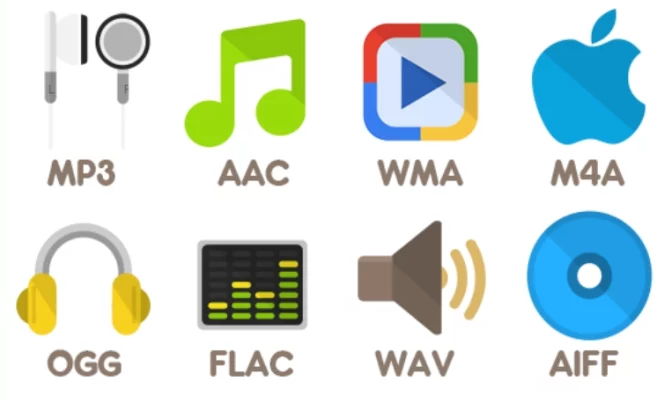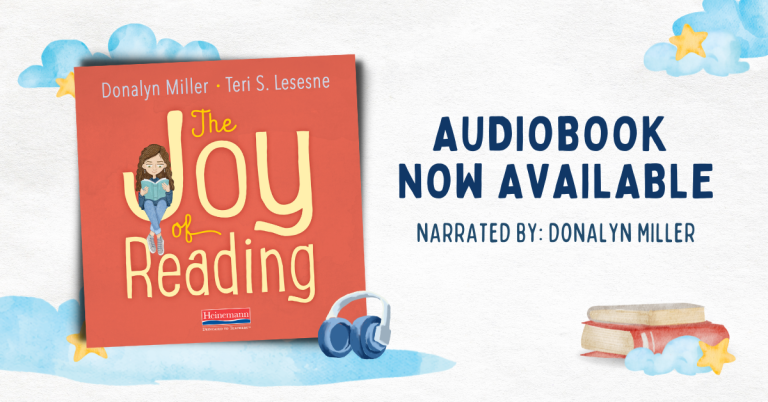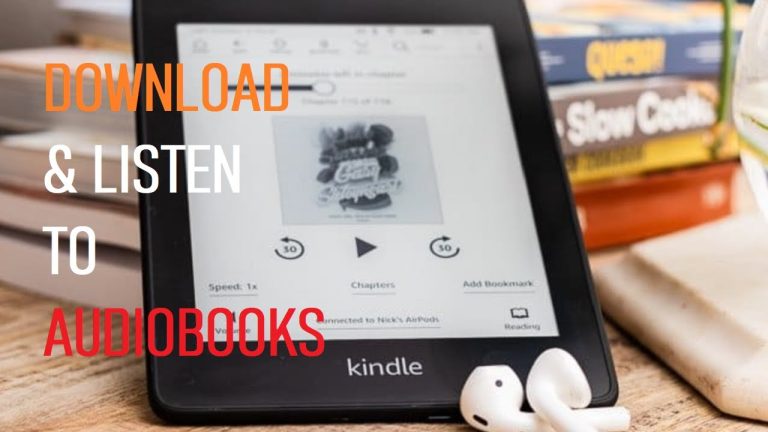What File Is Audiobooks?
Hey there! So you’re curious about audiobooks and wondering, “What file is audiobooks?” Well, you’ve come to the right place! In this article, we’ll dive into the world of audiobook files and explore the different formats they come in. Whether you’re an avid audiobook listener or just starting to explore this immersive form of storytelling, understanding the file types can enhance your listening experience. So, let’s get started and unravel the mystery behind audiobook files!
When it comes to audiobooks, there isn’t just one standard file format. In fact, there are several popular formats that audiobooks can be found in. The most common formats include MP3, AAC, and M4B. Each format has its own unique characteristics and features, so it’s important to know what to look for when choosing the right file for your listening preferences. Don’t worry, we’ll break it down for you and provide insights into the pros and cons of each format. By the end of this article, you’ll be equipped with the knowledge to navigate the world of audiobook files like a pro! So, let’s dive in and discover what file is audiobooks all about!

Understanding the File Format of Audiobooks
Audiobooks have become increasingly popular in recent years, providing a convenient way for people to enjoy literature and storytelling. But have you ever wondered what file format audiobooks are in? In this article, we will explore the various file formats used for audiobooks and delve into their features and compatibility. Whether you’re a seasoned audiobook enthusiast or someone new to the world of spoken literature, understanding the file format of audiobooks will help enhance your listening experience.
MP3: The Universal Format
When it comes to audiobooks, the most common file format is MP3. MP3 stands for MPEG-1 Audio Layer 3 and is a widely used audio compression format. MP3 files offer a good balance between file size and audio quality, making them ideal for distributing and storing audiobooks. The compact size of MP3 files allows for easy downloading and sharing, while still maintaining a high level of audio clarity.
One of the key advantages of MP3 files is their compatibility with a wide range of devices. Whether you’re using a smartphone, tablet, e-reader, or dedicated audiobook player, chances are it supports MP3 files. This universality makes MP3 the go-to format for many publishers and distributors of audiobooks. Additionally, most audiobook platforms and apps are designed to work seamlessly with MP3 files, providing a user-friendly experience for listeners.
Benefits of MP3 for Audiobooks
There are several benefits to using MP3 as the file format for audiobooks. Firstly, as mentioned earlier, MP3 files are highly compatible with a variety of devices and platforms, allowing you to listen to your favorite books wherever you go. Secondly, MP3 files are relatively small in size, making them easy to download and store on your device without taking up too much space. This is especially important if you have a limited storage capacity on your device.
Another advantage of MP3 files is their versatility. You can easily transfer MP3 audiobooks between different devices, ensuring that you can continue your listening journey seamlessly. Whether you’re switching between a smartphone and a tablet or transferring your audiobooks to a new device, MP3 files offer the flexibility you need.
Other Audiobook File Formats
While MP3 is the most commonly used file format for audiobooks, there are other formats that you may come across. One such format is AAC (Advanced Audio Coding), which offers higher audio quality than MP3 at the same bitrate. AAC files are often used by audiobook publishers who prioritize audio fidelity and want to provide a premium listening experience to their audience.
Another format worth mentioning is FLAC (Free Lossless Audio Codec). FLAC files are known for their lossless compression, meaning they retain the original audio quality without any loss of information. While FLAC files offer superior audio quality, they are larger in size compared to MP3 and may not be as widely supported by all devices and platforms.
Choosing the Right Format for Your Needs
When it comes to choosing the right file format for your audiobooks, consider your priorities. If compatibility and ease of use are your main concerns, MP3 is the way to go. It offers a good balance between file size and audio quality, ensuring a seamless listening experience across different devices. However, if you’re an audiophile and crave the highest audio fidelity, you may opt for AAC or FLAC files, keeping in mind their larger file sizes and potential compatibility limitations.
In conclusion, understanding the file format of audiobooks is essential for optimizing your listening experience. MP3 remains the most popular and widely supported format, offering a balance between file size and audio quality. However, other formats like AAC and FLAC cater to different needs and preferences. Choose the format that suits your requirements and embark on a captivating journey through the world of audiobooks.
Key Takeaways: What File is Audiobooks?
- Audiobooks are digital files that contain spoken-word recordings of books.
- Common file formats for audiobooks include MP3, AAC, and M4B.
- MP3 is the most widely compatible format for audiobooks.
- AAC and M4B formats offer additional features like chapter markers and bookmarking.
- Audiobook files can be downloaded or streamed from various platforms and apps.
Frequently Asked Questions
Audiobooks have gained immense popularity in recent years, allowing people to enjoy books through audio formats. If you’re curious about the file types used for audiobooks, you’ve come to the right place. Below are some common questions related to audiobook file formats:
1. What are the most common file formats for audiobooks?
Audiobooks typically come in various file formats, but the most common ones are MP3 and AAC. MP3 is a widely supported audio format that offers good sound quality while maintaining a relatively small file size. AAC, on the other hand, stands for Advanced Audio Coding and is known for its superior audio quality even at lower bitrates. Both formats are compatible with a wide range of devices, making them popular choices for audiobook enthusiasts.
When downloading or purchasing audiobooks, you’ll often find them available in these formats, ensuring compatibility with different devices and software.
2. Can I convert audiobook files to other formats?
Yes, it is possible to convert audiobook files from one format to another. There are various software programs and online tools available that allow you to convert audiobooks to different file formats. However, it’s important to note that DRM (Digital Rights Management) restrictions may apply to certain audiobooks, limiting the ability to convert them.
Before converting audiobook files, make sure you have the necessary rights and permissions to do so, and be aware of any potential loss in audio quality that may occur during the conversion process.
3. Are there any specific file formats for audiobooks on different platforms?
While MP3 and AAC are widely used formats for audiobooks, some platforms or devices may have their own proprietary file formats. For example, Audible, one of the largest providers of audiobooks, uses its own file format called AAX. This format includes additional features such as chapter navigation and syncing across devices.
If you’re using a specific platform or device to access audiobooks, it’s recommended to check their supported file formats to ensure compatibility and optimal listening experience.
4. Can I listen to audiobooks on my smartphone or tablet?
Absolutely! Audiobooks are designed to be enjoyed on various devices, including smartphones and tablets. Most audiobook platforms offer dedicated apps for iOS and Android devices, allowing you to easily download and listen to audiobooks on the go.
Simply install the app, sign in to your account, and browse through the available audiobooks. You can then download them directly to your device and enjoy listening to them anytime, anywhere.
5. Are audiobook files larger compared to other audio files?
Audiobook files can vary in size depending on the audio quality and length of the book. However, they are generally larger compared to typical music files. This is because audiobooks often contain hours of audio content, resulting in larger file sizes.
If storage space is a concern, you can opt for lower bitrates or compressed versions of the audiobook files to reduce their size. Keep in mind that lower bitrates or compression may impact audio quality to some extent.
How to make your audiobook meet ACX Standards – Super Simple
Final Summary: What File is Audiobooks?
After diving into the world of audiobooks and exploring the different file formats they come in, it’s clear that there is no single answer to the question, “What file is audiobooks?” Audiobooks can be found in various file formats, each with its own advantages and compatibility. From MP3 to M4B, there are options to suit different devices and preferences.
One of the most common file formats for audiobooks is MP3. This format is widely supported and can be played on almost any device, making it a popular choice among audiobook enthusiasts. MP3 files are compact and offer good sound quality, making it easy to enjoy your favorite books on the go.
Another format worth mentioning is the M4B file format. This format is specific to Apple devices and is commonly used for audiobooks purchased from the iTunes Store. M4B files have features like bookmarking and chapter navigation, enhancing the listening experience for Apple users.
Overall, the answer to the question “What file is audiobooks?” depends on the device you’re using and your personal preferences. Whether you prefer the versatility of MP3 or the enhanced features of M4B, there is a file format out there that will suit your needs.
Remember, the key to enjoying audiobooks is finding the format that works best for you and your devices. So go ahead, dive into the world of audiobooks, and let your imagination soar as you listen to captivating stories in the format that brings you the most joy. Happy listening!






